Alejandra Martinez is a graduate assistant for diversity education in the University of Georgia’s Office of Institutional Diversity, where she focuses on diversity and social change through empowerment and the development of strengths and skills for the Latinx community. Comments trimmed for length and clarity.
Q: What does your role as graduate assistant for diversity education entail?
I am mainly in charge of coordinating a fellowship for the graduate students called the LEAD Fellowship — that stands for Leaders Engaged in Affirming Diversity. I’m in charge of helping with developing the curriculum, mainly engagements and the point of contact with the students. I also help with some workshops around diversity and inclusion topics.
Q: How are you committed to diversity in the UGA community through your role as a graduate assistant?
Having these spaces in which students can come and join and have conversations about diversity, equity and inclusion and have more knowledge about what that means. Sometimes, I think we have a very narrow idea of what diversity is. Getting a deeper understanding of what students need and broadening that idea of what diversity actually is. Also, diversity is not enough; equity and inclusion has to be a part of it.
Q: Do you think your upbringing in Ecuador has shaped your experiences, and how you think about diversity?
Yes. I think that when I was in Ecuador, I didn’t even think of myself as part of a minority in terms of ethnicity. I have learned a lot while being here, and I think that being from Ecuador has also given me an international perspective. That’s also what I’ve tried to bring to the role as well.
Q: What tips do you have for someone who might want to follow in the path of what you are doing in terms of figuring out how to promote diversity, on a college campus or even around their local community?
First, listen. Be able to open yourself to listen to what’s happening, understanding, researching, increasing your knowledge of anything that’s happening. The second, self awareness. You need to practice self awareness, you need to understand your areas of diversity in your positionality because I think everyone is biased. We all have our biases and some preconceived notions. They’re not necessarily bad, but when they are unconscious, you can be perpetuating some stereotypes. The third one is just being comfortable with discomfort because it can be a very uncomfortable area to work in, having conversations of, I don’t know how people are going to react.
Shweta Krishnan is a second-year student double majoring in journalism and political science.


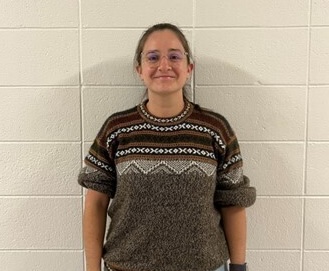
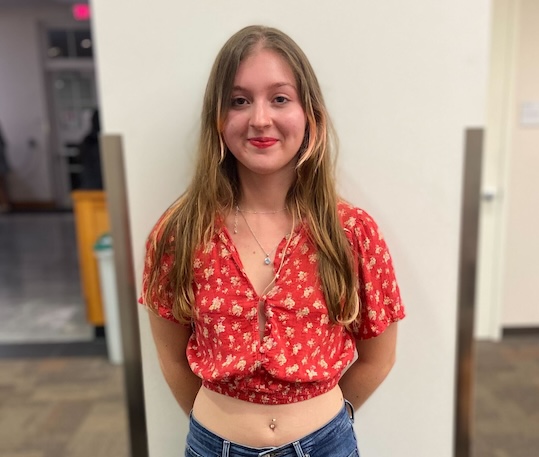
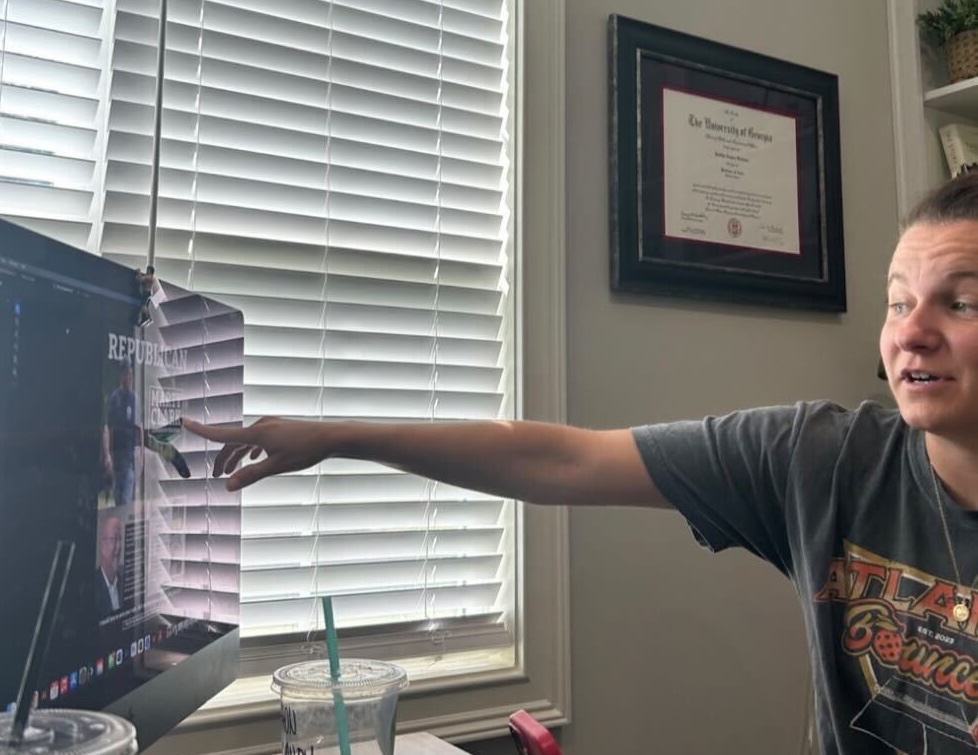
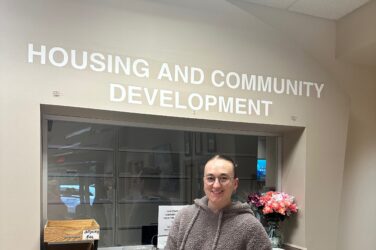
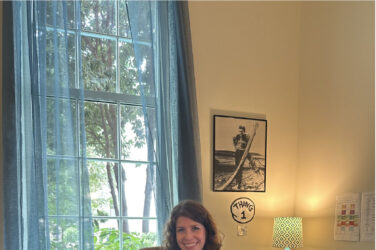
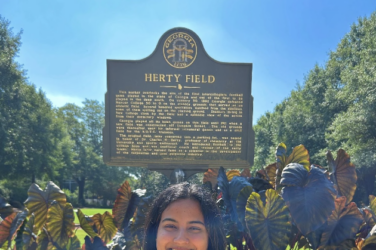

Show Comments (0)